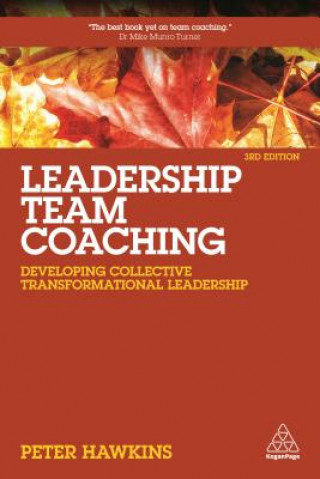Team coaching
Effectively and well functioning teams
Effectively and well functioning teams
What is team coaching?
In the complex, fast-changing world of work, in most situations, lasting success is achieved as part of a team, working with other managers and experts. This is why it is critical that a group working towards a goal is able to function as an effective team. In team coaching, we support management and project teams in creating and maintaining professional internal collaboration. The team coaching process, consisting of regular meetings, enables teams to identify their problems and to develop and integrate sustainable solutions into their daily operations. Our approach helps teams to see and unblock deeper, systemic blockages behind personal frictions, cooperation or communication difficulties.
What problems does it answer?
- The team's expectations and mandate from outside are not clear, different stakeholders communicate different expectations to the team.
- The team's own goals are not clear, lack motivation and there is no clear contract between team members to achieve them.
- The competences and resources of the team are insufficient to achieve the objectives set.
- Roles within the team are poorly defined, there is a systematic 'fall-back' of tasks or overlapping responsibilities.
- The team is not doing what it should be doing: it is spilling over into other departments or levels or not working on what only they can contribute to achieving the objectives.
- Communication is fluid when tackling tasks together, there is a tendency for unresolved or recurring issues, and there is a tendency to refer and withhold rather than to raise critical issues.
- There is a tendency to click-clack, to deflect professional issues into personal ones (and vice versa), and a lack of honest feedback, no need for it due to low trust.
- The team acts as a black box for its environment, with no visibility of what results are being achieved or what is being given back to stakeholders.
- No team-level knowledge is generated from the experience gained, no lessons are formulated and incorporated into the team's functioning.
What are the main steps?
- A preparatory and objective-setting discussion with the team leader (if possible also with each team member individually).
- Self-assessment, objective and contract process with the team as a whole.
- Work in regular meetings on the development objectives identified by the team and on the current difficulties encountered in the daily work. The team coach leads and supports this work with presence, facilitation and feedback. The process nature of the work allows for feedback on actions and improvement steps formulated in previous sessions.
What results can we expect?
- A constructive and supportive culture within the team, able to deal with challenges independently, is developed and strengthened.
- The team becomes more effective in solving tasks and learning.
- Team members will develop their systemic thinking, conflict management, feedback and feedback skills, and will be able to represent themselves more effectively.
TYPICAL QUESTIONS
- When is it not worth starting team coaching?
Until the team leader feels ownership of the team, or is considering replacing members, it is risky to start co-development. - How much time does a team coaching process take?
Team coaching processes typically consist of a series of sessions lasting at least half a day. The 6-8 sessions follow each other every two weeks to every month. For senior management teams, a process consisting of fewer but longer sessions is more typical. Mikor nem érdemes team coachingot kezdeni?










